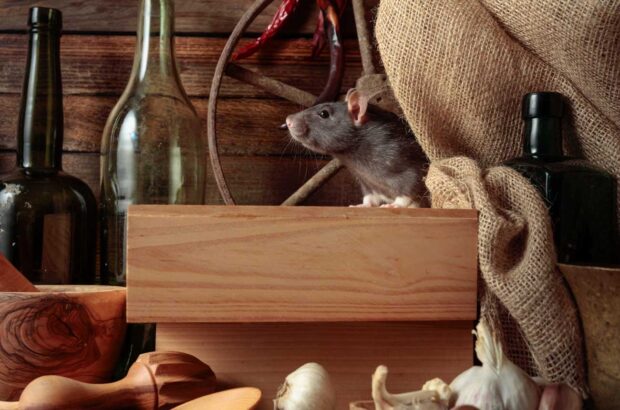Russia has been accused of playing politics after re-imposing a ban on imports of all Moldovan wine and brandy.
Russia’s government announced the latest ban this week, after its public health chief, Gennady Onishchenko, cited impurities in Moldovan wine and blamed the country’s failure to improve quality.
The ban was imposed as Moldova announced plans to sign a draft association treaty with the European Union later this year. Russia has a recent history of banning Moldovan imports, including in 2006 and 2010.
‘There are no quality problems with Moldovan wines and these are unfounded allegations,’ said Gheorghe Arpentin, head of the Union of Oenologists in Moldova.
Sources in Moldova claim the ban is based on alleged findings of excessive levels of dibutyl phthalate in wine and brandy from three producers (a common plasticiser, with legal limits only in place for water), though no evidence has been presented by Russia. Tests in Moldova show no excess levels, decanter.com understands.
Moldova’s Prime Minister, lurie Leancă, has called the decision ‘regrettable and unjustified’, and promised the government ‘will do everything possible to resolve the situation’.
Around 30% of Moldova’s wine exports, or 32m litres, are sent to Russia in normal circumstances.
Philip Quick, a former winemaker turned English teacher in the country, said, ‘so many people already lost their jobs. This could be the deathblow.’
Written by Caroline Gilby MW







